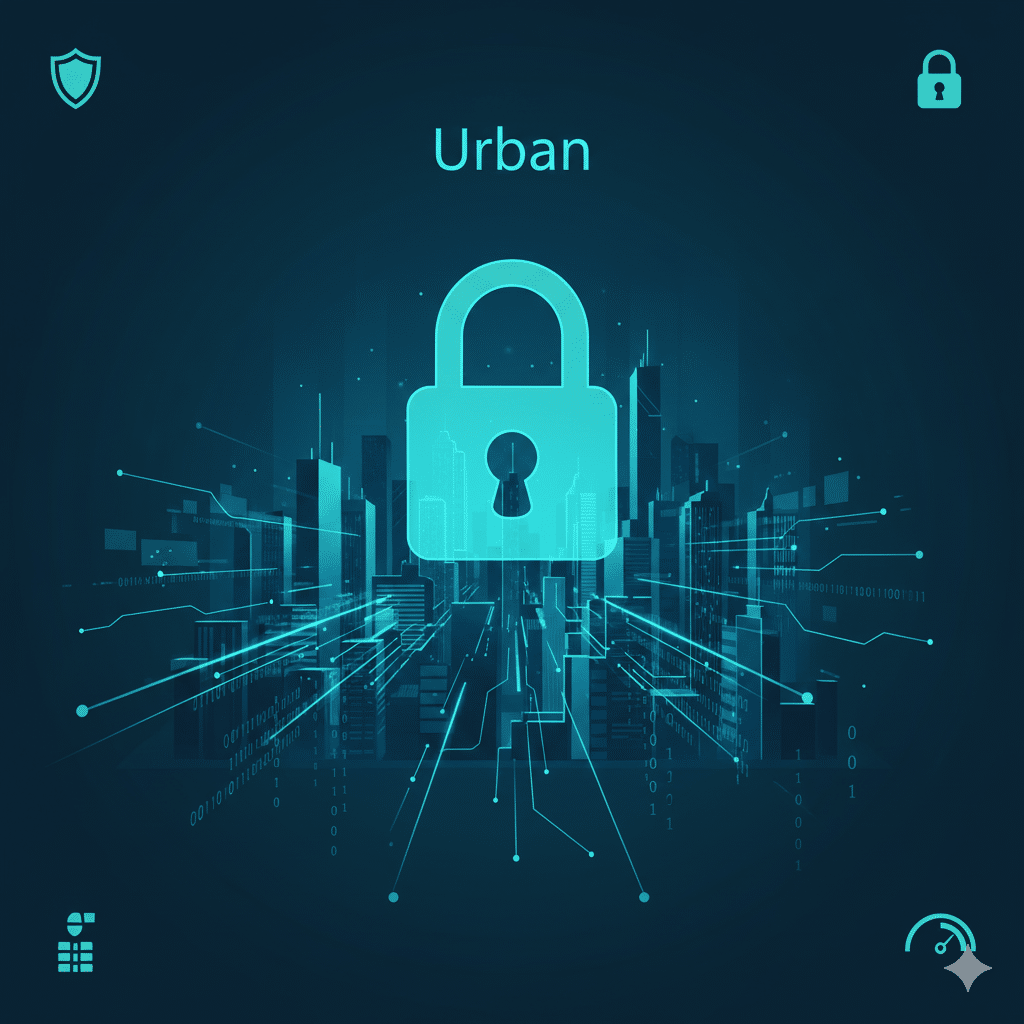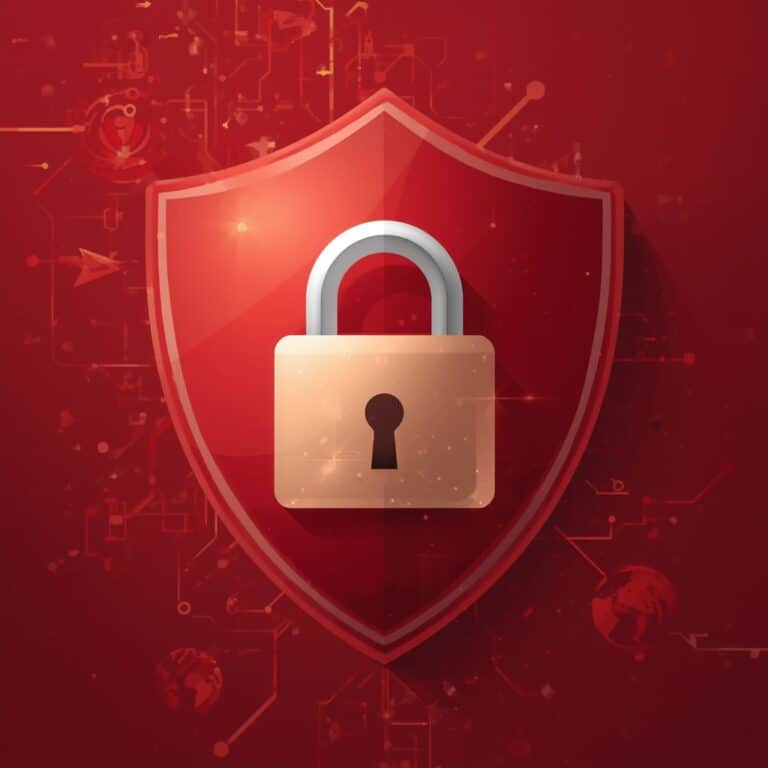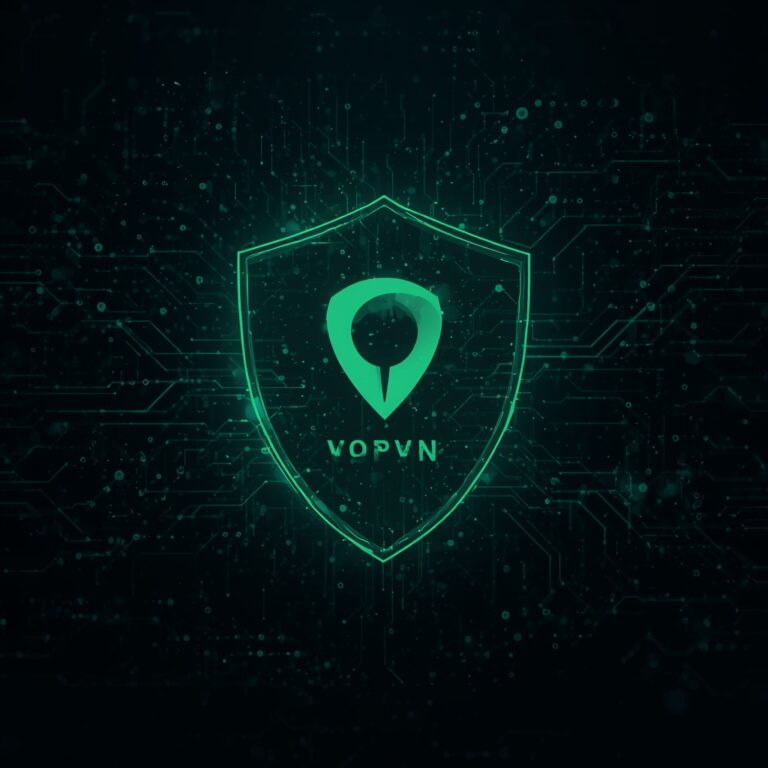In today’s increasingly digital environment, understanding whether Is Urban Vpn Good is crucial for IT managers, network engineers, and cybersecurity professionals. Free VPN services like Urban VPN attract attention due to their zero-cost entry, but evaluating their performance, security, and privacy implications is essential before deployment in corporate or personal environments.
What Makes People Ask “Is Urban Vpn Good”?
Urban VPN advertises itself as a free and easy-to-use service, making it appealing for casual users. However, IT professionals are concerned about security protocols, logging practices, and overall reliability. The question stems from the need to balance convenience with operational security. Unlike paid services, Urban VPN employs a peer-to-peer network architecture, which can potentially expose user IP addresses indirectly (source: TechRadar).
Is Urban VPN Secure and Private?
Security is a significant concern. Urban VPN uses basic encryption protocols but lacks advanced features like a kill switch, DNS leak protection, or audited zero-logging policies. According to independent cybersecurity analyses, the P2P network architecture increases exposure to third-party connections, creating privacy vulnerabilities. Sensitive corporate data should not traverse this network without additional safeguards (source: Cloudflare Learning).
External audits or penetration testing for Urban VPN are limited, and the provider does not disclose formal third-party verification of its infrastructure. While casual browsing may be acceptable, organizations handling confidential data should approach with caution.
Does Urban VPN Log My Data?
Urban VPN’s privacy policy suggests that some data is collected, primarily for network optimization and advertising purposes. Unlike strict no-log VPNs, this can include connection timestamps and IP associations. Users who require complete anonymity or regulatory compliance (such as GDPR or HIPAA) may find these logging practices insufficient. For comparison, industry-standard no-log VPNs like ProtonVPN maintain strict separation between user activity and metadata (source: TechRadar).
Constraints and performance:
Performance testing indicates that Urban VPN’s speed is inconsistent. Device type, ISP bandwidth, and network congestion significantly impact throughput. Latency tests on different geographies show variable results, especially for high-bandwidth tasks like video streaming or large file transfers. The free nature of the service means server resources are limited, and peer-to-peer routing can increase jitter and packet loss.
Furthermore, the absence of a dedicated kill switch or configurable protocols reduces control over secure connections, which is critical for IT professionals implementing network segmentation or remote access solutions. Organizations may experience challenges integrating Urban VPN with corporate firewalls or VPN concentrators (internal link: what is a vpn concentrator: Secure Multi-Tunnel VPN Device).
How Fast and Reliable Is Urban VPN?
Real-world speed tests show Urban VPN provides moderate performance suitable for casual browsing. Upload and download rates fluctuate, with occasional connection drops during peak times. Reliability is impacted by the lack of geographically distributed dedicated servers; users on mobile or in remote areas may experience frequent disconnects. Comparatively, paid VPNs like ExpressVPN or NordVPN offer consistent throughput and redundancy across multiple data centers (internal link: NordVPN Review: Top Features & Performance in 2025).
Can You Use Urban VPN for Streaming or Torrenting?
Urban VPN supports basic streaming but is limited in bypassing geoblocks and does not guarantee anonymity for torrenting activities. The P2P network structure may expose users to IP leakage, increasing legal and security risks. For secure file sharing or high-bandwidth streaming, enterprise-grade VPNs or encrypted proxy solutions are recommended. IT managers should verify end-to-end encryption before approving content delivery or peer-to-peer file exchanges (source: Kaspersky Blog).
What Are the Risks of Its Peer-to-Peer (P2P) Architecture?
The P2P architecture is the core differentiator of Urban VPN. While it allows a free service by sharing bandwidth among users, it introduces significant risks:
- IP exposure: Users may indirectly relay traffic for unknown peers.
- Data accountability: Corporate traffic may traverse devices in unknown jurisdictions.
- Legal liability: Shared IPs can trigger content violations, inadvertently implicating innocent users.
For controlled IT environments, this makes Urban VPN unsuitable for confidential operations, though it may be acceptable for low-risk or personal usage scenarios.
How Does Urban VPN Compare to Trusted Paid Alternatives?
Paid VPN services offer audited security, dedicated server networks, consistent speeds, and full logging transparency. Urban VPN, while convenient and free, cannot match these standards. Organizations prioritizing security and compliance should evaluate paid options. For users seeking robust performance with no logging, solutions like ProtonVPN or ExpressVPN provide documented reliability and regulatory adherence (source: Wikipedia).
Conclusion
For IT professionals evaluating free VPN solutions, the question Is Urban Vpn Good must be answered with nuance. Urban VPN provides basic, free access suitable for casual or low-risk browsing. However, due to security, privacy, and performance constraints, it is not recommended for professional, sensitive, or corporate deployments.



